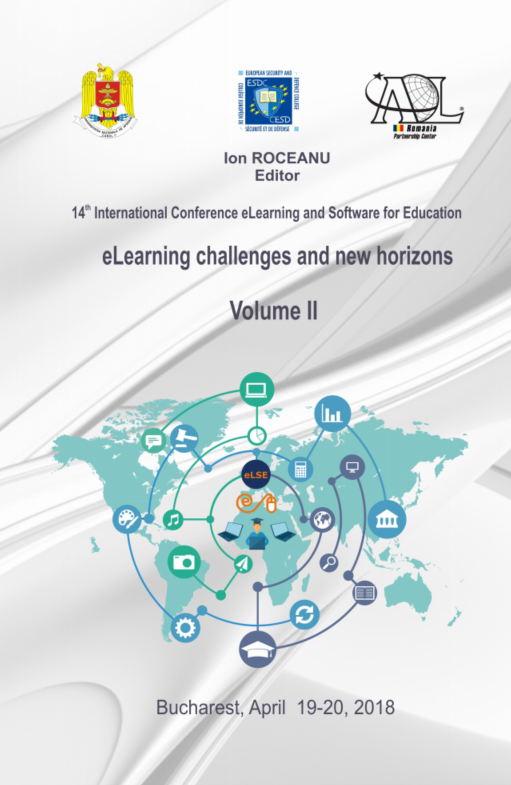Culture - Digital Technology Nexus for a New Era in Education
Culture - Digital Technology Nexus for a New Era in Education
Author(s): Mariana MOCANU, Cristina NICHIMIŞSubject(s): Social Sciences, Education
Published by: Carol I National Defence University Publishing House
Keywords: Education paradigm; Learning environment; Student centered education route;
Summary/Abstract: Nowadays, culture and digital technology systems are interdependent. New technologies enable new approaches in the creation act, as well as widen the access to cultural products and services to divers social groups. In the same time, almost all cultural acts require interdisciplinary approach, based on artistic competences and technological skills. The profile of an artist gets new dimensions and requires a multidisciplinary education. In the same time, through its increased accessibility, culture gains a more and more important role as vector for non and informal education. It is time for a more systematic approach to address the challenges and opportunities of the culture-digital technology nexus as well as the deployment possibilities in the present educational landscape. Due to technological advances, the shift of education paradigms from topic centred to learner centred education was enabled, with increased tendency to allow personalized learning routes based on individual skills and targets. The paper presents an educational approach based on learning environments build on cultural features that fit the learners profile, created with the support of advanced technologies. Several success stories about improving the educational process with support of new technologies and for increasing the use of IT tools in the performing arts are presented further. Based on past experiences, the paper proposes a model for creating new learning contexts by using digital technology to widen the access to culture, as an education vector, as well as by using cultural experiences to increase the receptivity of learners. Two case studies are presented: one regarding the inclusion of digital education, the second for creation of learning environment based on work reality.
Journal: Conference proceedings of »eLearning and Software for Education« (eLSE)
- Issue Year: 14/2018
- Issue No: 02
- Page Range: 317-324
- Page Count: 8
- Language: English

